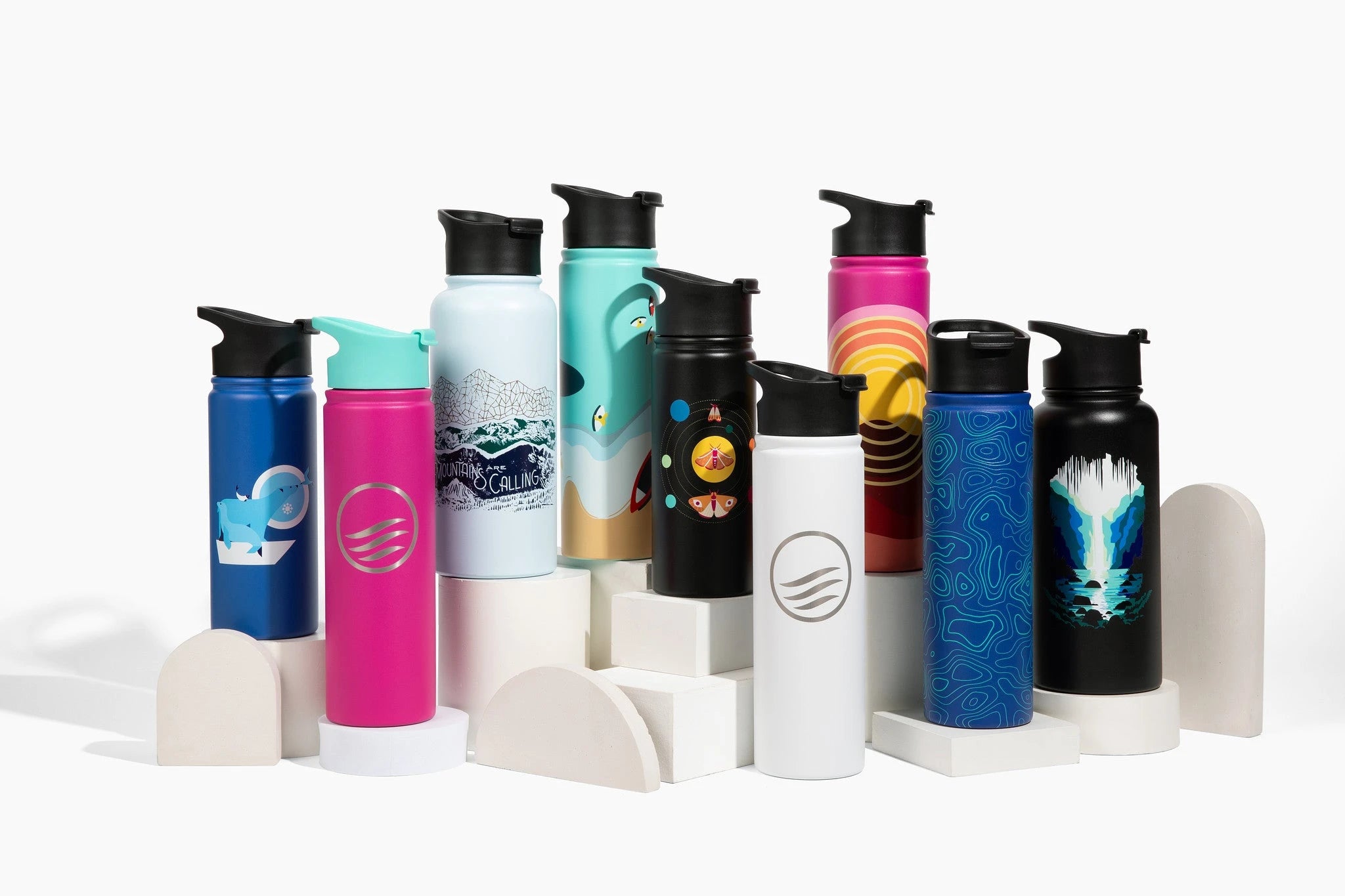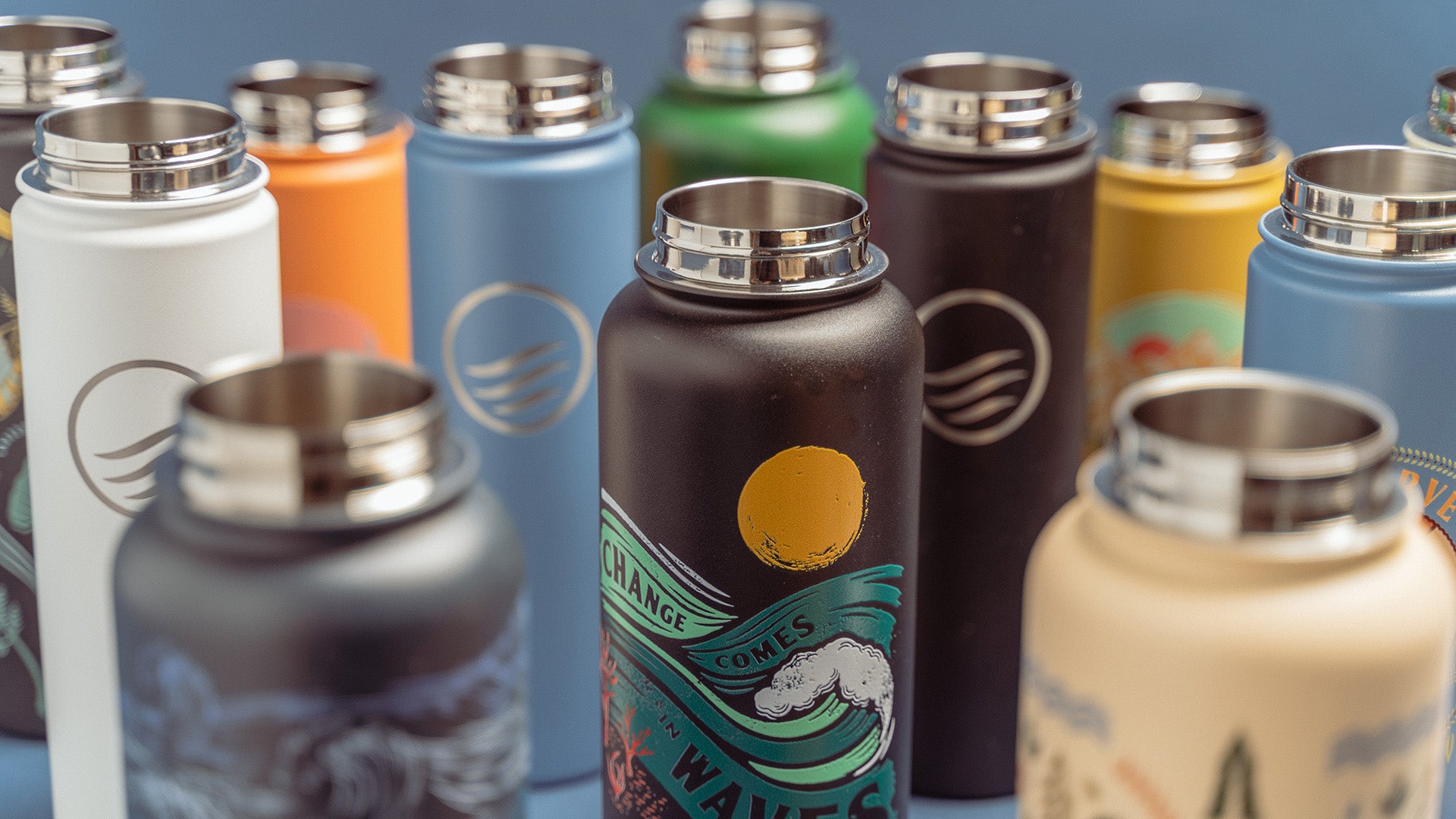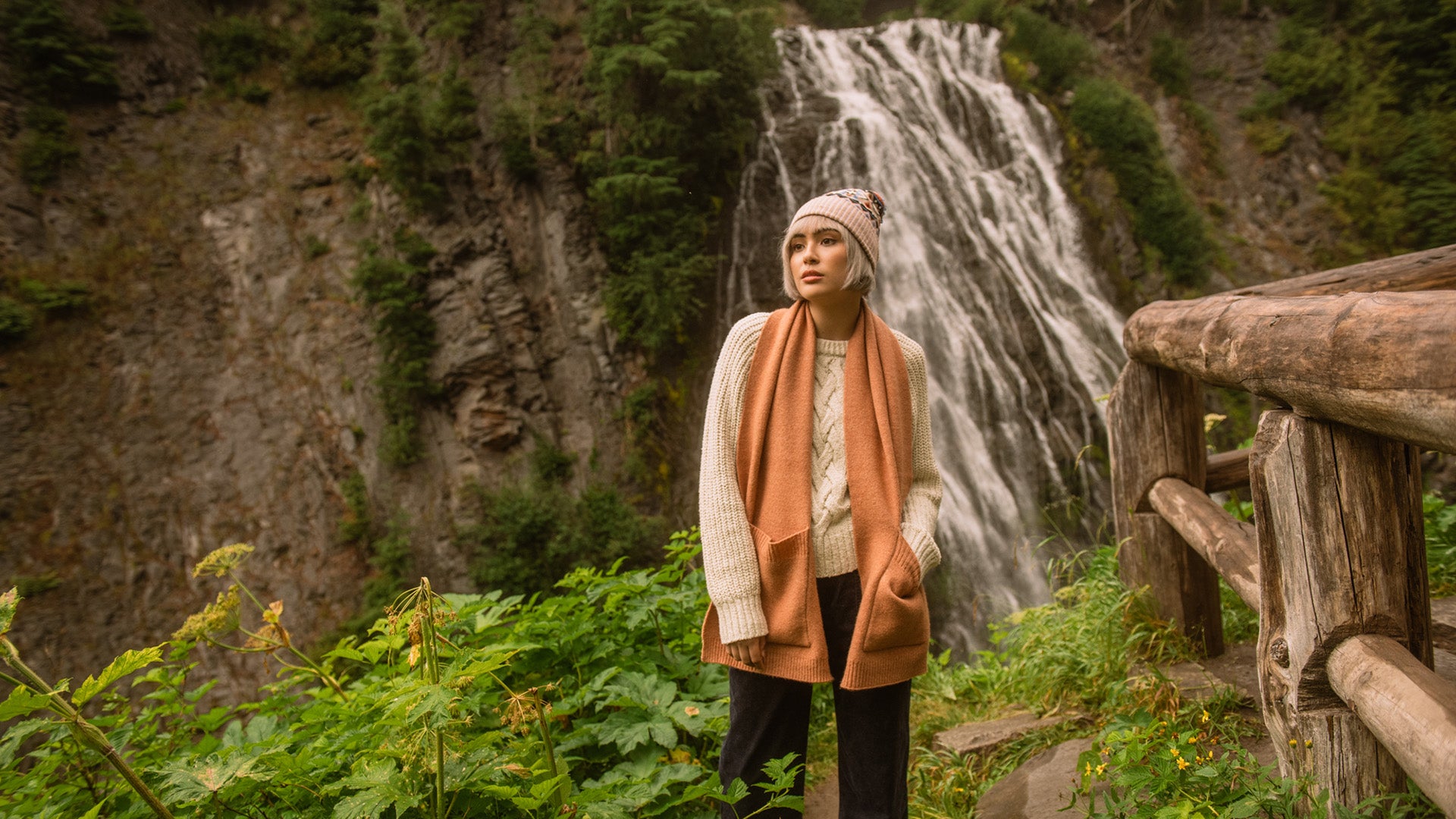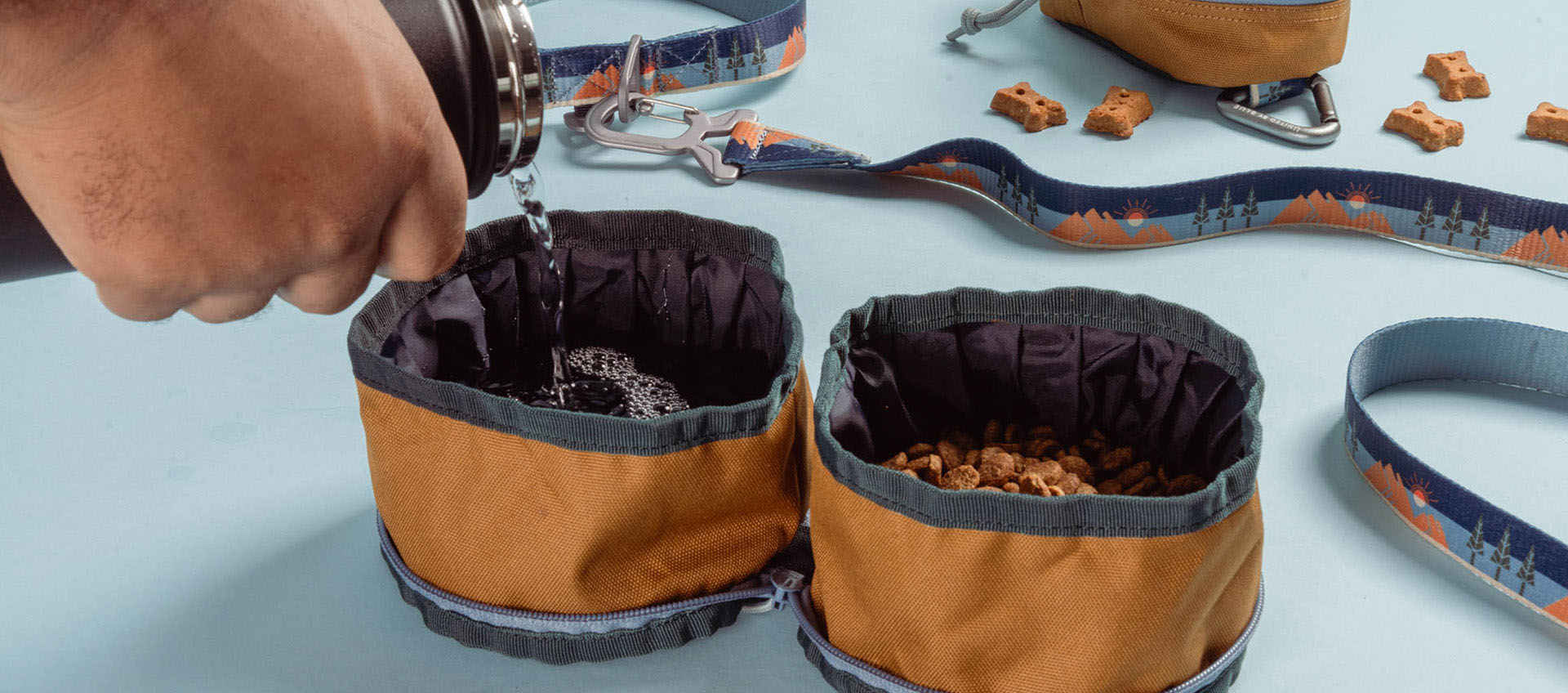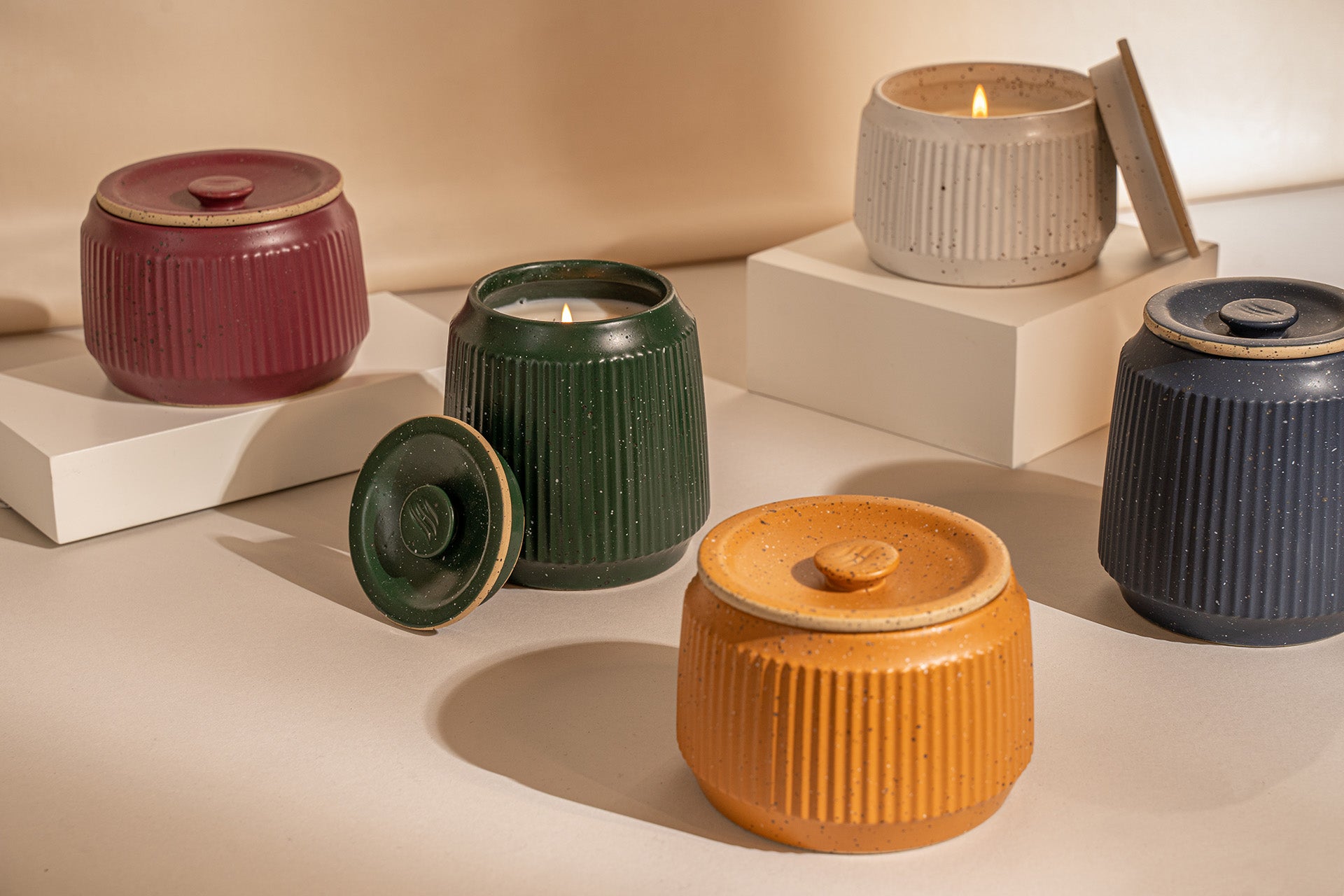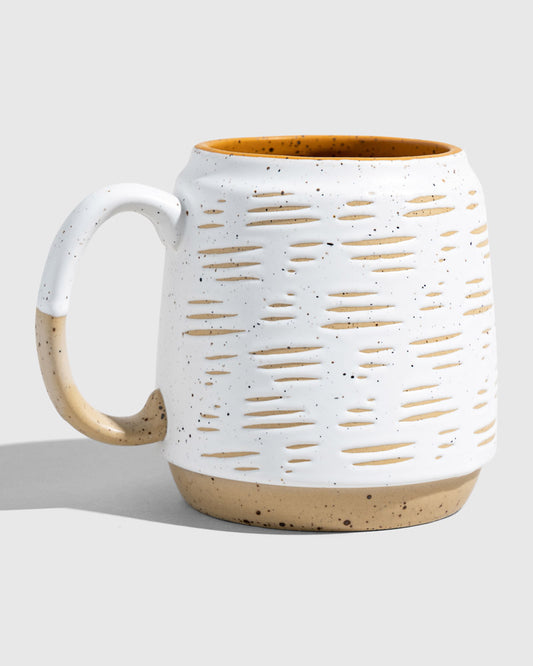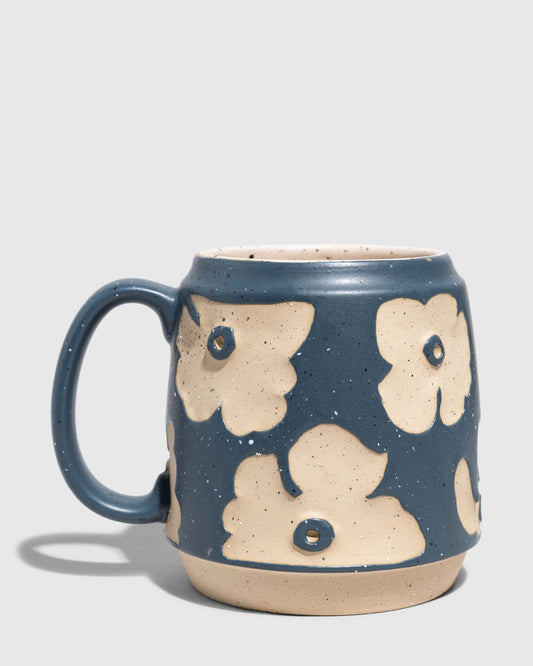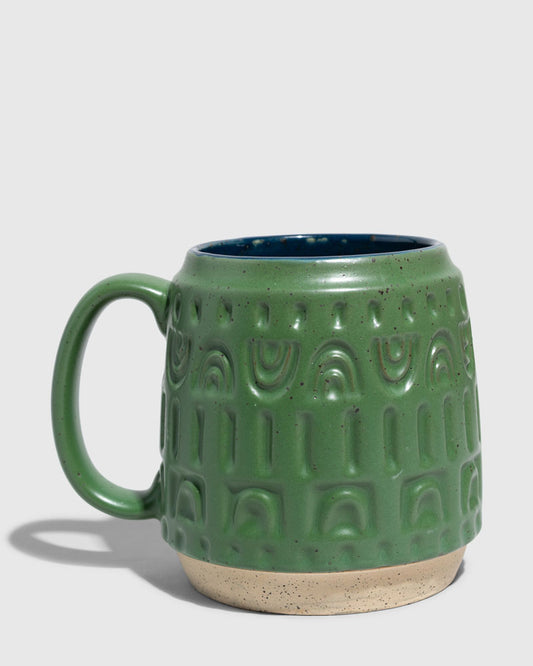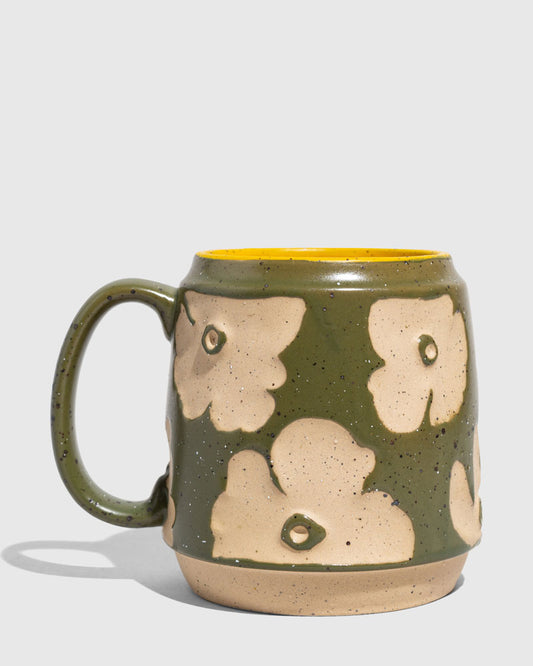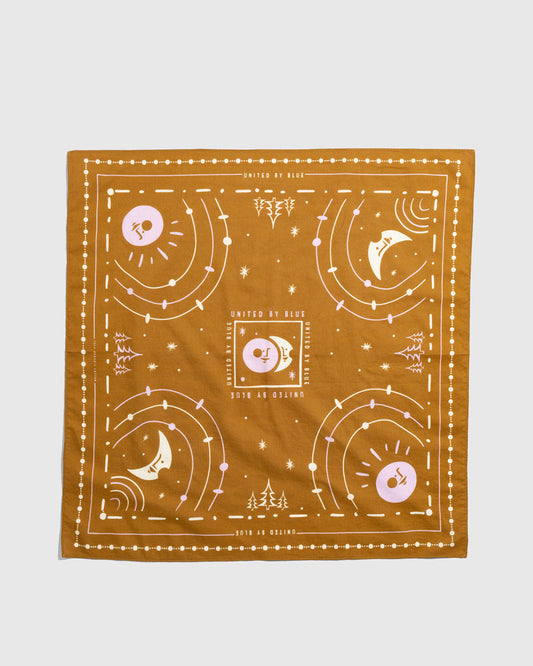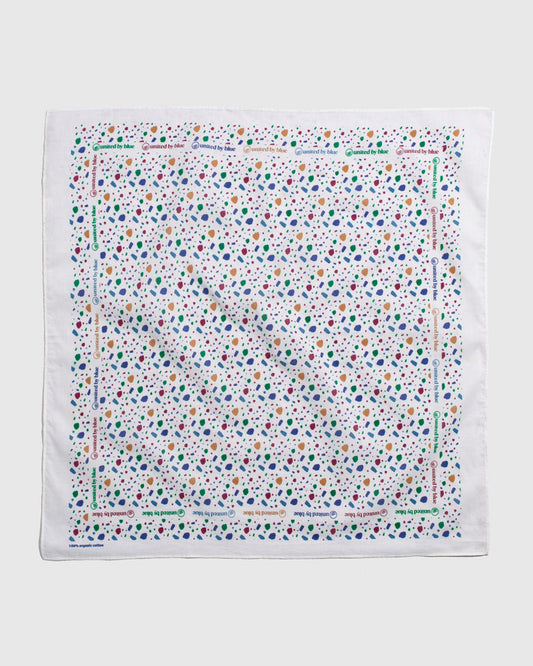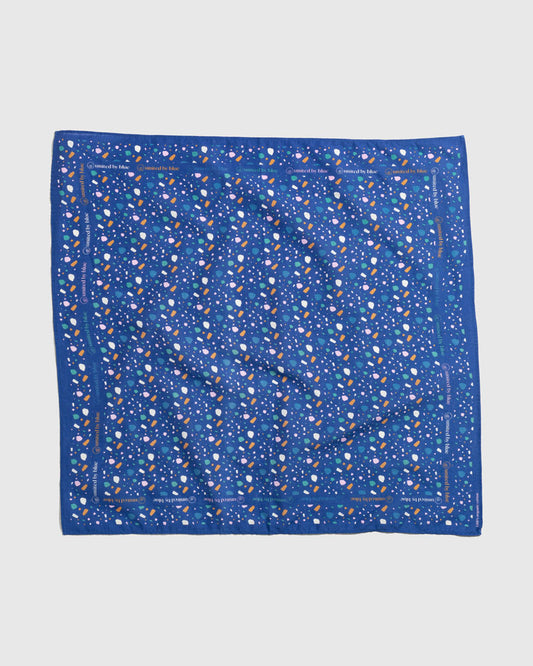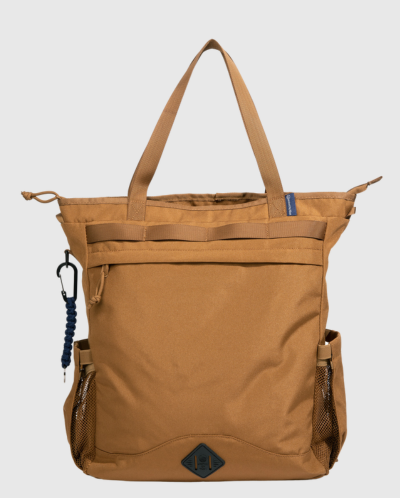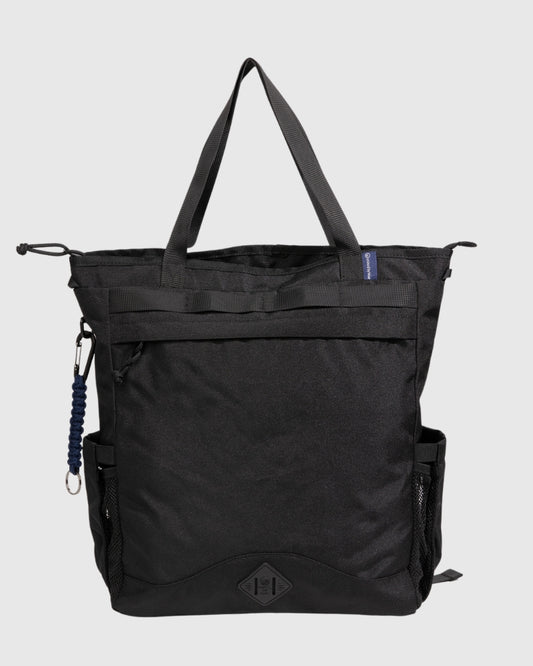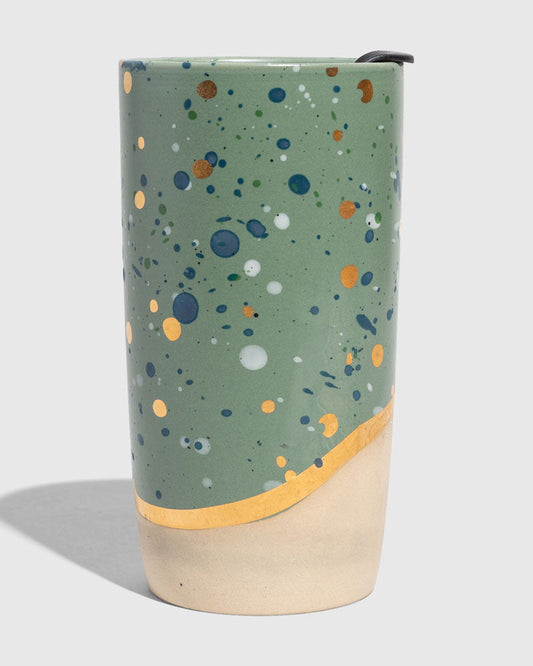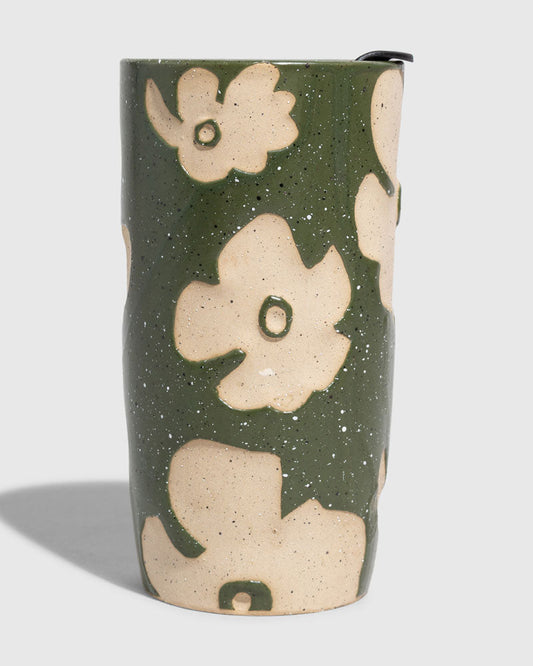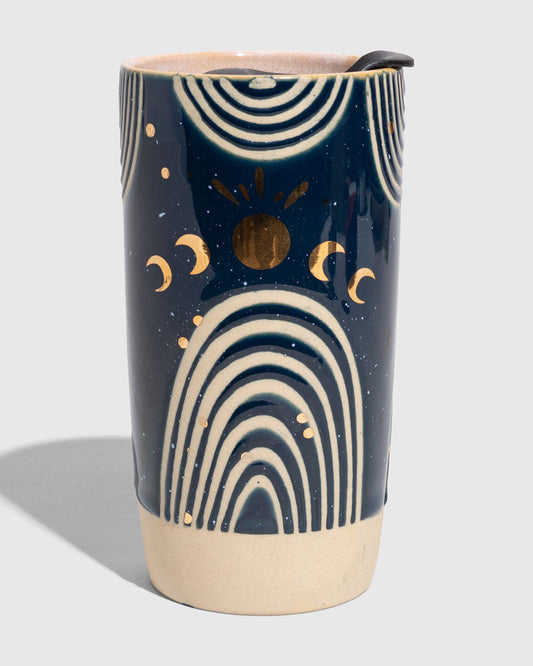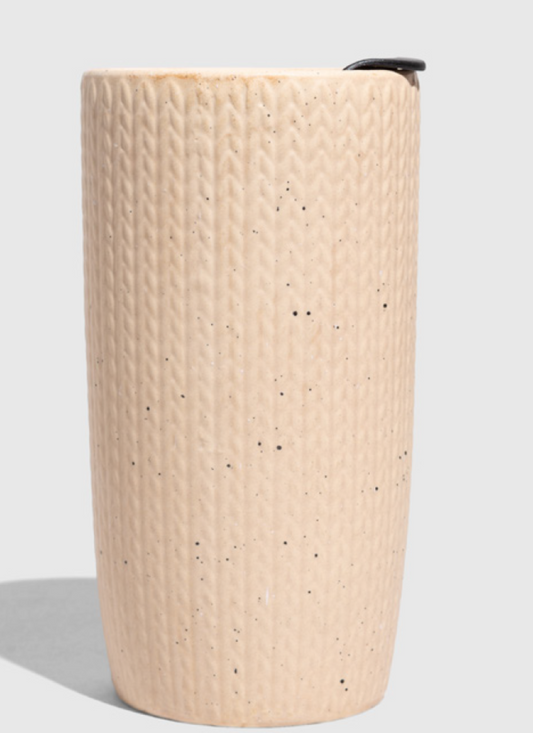Meet Vincent Finazzo, owner and founder of Riverwards Produce: a beloved Philly market that focuses on sourcing local ingredients and so-called “ugly” produce - and minimizing the waste they create in the process.


Food was always an important part of my upbringing. My mother was like Martha Stewart. I was always working in the garden and helping in the kitchen alongside my mother and grandmother. At the time I came to Philadelphia, I was working in the fine art industry, looking for a job at the PMA. I just needed a job and decided to apply for every job Whole Foods had available. I actually got a job as a janitor and was able to quickly work my way up. As a produce buyer for Whole Foods, I became really frustrated when the company eliminated a lot of personal farmer connections, wanting to make every store look the same.
I made a lot of connections in the produce world outside the company and I left to take a job with a produce brokerage company. I would sell produce by the tractor-trailer full. It opened my eyes to how food moves around the country and around the world. I learned a lot about distribution.
 Five or so years ago, a bunch of my friends were opening up restaurants in the Philly area. Knowing I was in the produce industry, they would always ask me where they could get specific produce from and I always knew the answer. I decided to go out on my own and start the first incarnation of Riverwards, which focused on restaurant distribution. I started pop-up markets in Fishtown on the weekends, and it just kind of exploded. There were lines down the street and everyone was coming to get this local produce.
Five or so years ago, a bunch of my friends were opening up restaurants in the Philly area. Knowing I was in the produce industry, they would always ask me where they could get specific produce from and I always knew the answer. I decided to go out on my own and start the first incarnation of Riverwards, which focused on restaurant distribution. I started pop-up markets in Fishtown on the weekends, and it just kind of exploded. There were lines down the street and everyone was coming to get this local produce.
About a block away was the future (now current) location of Riverwards, and about two years ago, I parted ways from restaurants. There were a lot of unsustainable practices that restaurants were used to. They didn’t care who grew the lettuce, they just wanted the cheapest.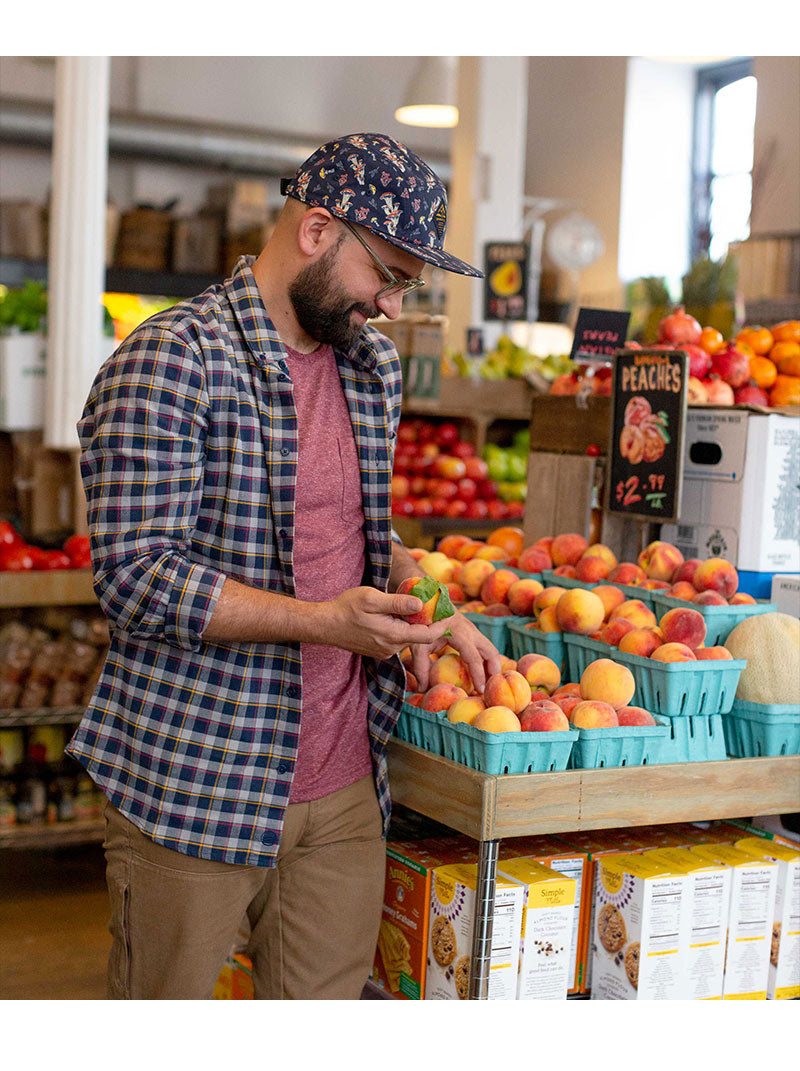
 Over the last couple of years, I’ve really been able to focus on sustainability within my business.
Over the last couple of years, I’ve really been able to focus on sustainability within my business.
- We banned plastic bags in our shop before any legislation in Philly. We also provided a biodegradable bag option for $.15, which we donated to the Riverfront North Project who is responsible for cleanups along the Delaware River and restoring nature paths along the waterway.
- We offset all of our energy purchases through Inspire wind energy/solar credit.
- We use Bennett Compost, a local company, to compost all produce that we can’t sell discounted or donate (close to 1000 pounds of compost kept from landfills a month).
- Our minimum wage is $15/hour and we really believe in that. Right now, we’re paying an additional $2 hazard pay because of the pandemic.
- We support local agriculture and reduce our carbon footprint every chance we get.
- We buy imperfect produce that is rejected by big corporations but is still perfectly fine.
- We only buy from whole animal programs and source pasture-raised, non-GMO feed, no-antibiotics meat.
- Just as much retail space is dedicated to plant-based, vegan, and vegetarian protein options as animal-based protein.
- All dairy, milk, yogurt, and cheese is sourced locally.
- We have close to 200 local suppliers in the market (maple syrup, honey, pasta, produce, etc.).
-
Building preservation is also an important part of our business practice. The current Riverwards market location is inside one of Philly’s first firehouses that has been fully restored.


I’m locally-focused at my roots but I’m also this big produce food nerd. I just bought these watermelons that are actually as big as my torso. I also just got monstera fruit imported that kind of tastes like pineapple and banana but looks like a wasabi root.
The local food movement can be very limiting when things aren’t in season or grown within a certain radius. I’m really trying to break down this barrier to show people that you can sell local produce and make it beautiful right alongside Thai guavas or lychees. We need people to eat healthy and to feel good, to be smart, and make better decisions. People should feel comfortable about eating good food!
My main goal is to give people positive food experience so that they feel good about cooking and that they don’t need to spend a ton of money to do it. It’s okay to substitute and experiment.


